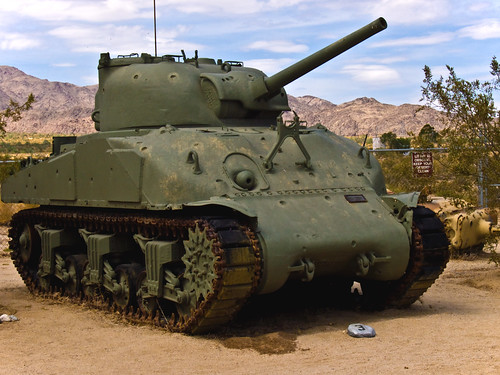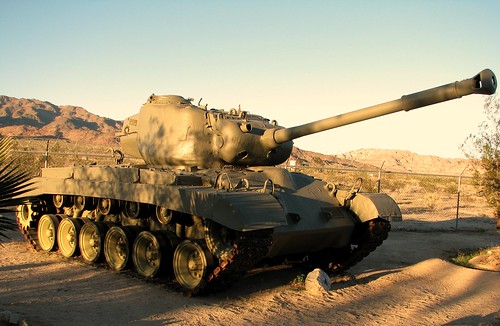There are people who relapse after being sober for years, even decades. Others after only weeks or months, and they repeat that backsliding cycle over, and over, and over.
Some choose to risk everything—health, happiness, career, relationships—by returning to alcohol, pills, or another drug. Others make daily concessions to addictions with food, work, spending, pornography, or some other habit, and they give up a bit of themselves day after day after day.
Medically, a relapse is a recurrence of disease symptoms after a period of improvement. Since addiction is a medical disease, that is an appropriate description. But relapse is other things as well: an emotional struggle, a spiritual withdrawal, and a heartbreaking personal choice.
Most importantly, relapse is a battle, fought one temptation and one day at a time. And it is often a war made up of a series of those battles. This point of view is one that anyone who struggles with relapse needs to understand, so they can make a critical decision: fight!
An Example of a Fighter
General George Patton was one of the greatest military leaders in recent times, and a fighter.
 Born into a military family, he became a West Point graduate and a disciplined student of warfare. His first military action was battling the Mexican revolutionary Pancho Villa, and he went on to earn a Purple Heart in World War I while personally leading an attack on a machine gun placement.
Born into a military family, he became a West Point graduate and a disciplined student of warfare. His first military action was battling the Mexican revolutionary Pancho Villa, and he went on to earn a Purple Heart in World War I while personally leading an attack on a machine gun placement.
The Academy Award-winning movie Patton showcased the relentless determination, toughness, and fighting spirit the Nazis came to fear during World War II. General Patton was known for his aggressive offensive tactics and stunning successes in battle, but he was equally famous for how close he stayed to the front and the ways in which he bolstered the courage of his soldiers.
Patton was the epitome of a fighter, and anyone battling relapse can learn from that example.
Relapse is a Battle
The National Institutes of Health says 40 to 60 percent of people recovering from addiction relapse. There is additional evidence that rates can be as high as 90 percent in some instances.
Why so high? Because relapse is a battle with an enemy who is cunning, baffling, and powerful. Taken lightly, defeat is likely. Which leads to a powerful conclusion: you have to fight! And, in any battle, knowing your enemy can help you win.
Cunning – The first phase of relapse is Emotional. Our feelings begin to go astray, even if we are not yet consciously thinking about drinking or using. This stage is often triggered by exposure to people, places, or things that remind us of our using experience. Relapse often strikes at our area of greatest temptation; it is insidious, and it will sneak up on us during a time of weakness.
Never let the enemy pick the battle site. (George S. Patton)

Baffling – The second phase of relapse is Mental as “stinking thinking” sets in. We start listening to negative voices of “self” (e.g. sadness, anxiety, boredom, envy) and turn off the voices of reason. Amazingly, when people in relapse are asked why they slipped, they may answer, “I don’t know.”
The time to take counsel of your fears is before you make an important battle decision. (George S. Patton)
Powerful – The third phase is Physical when we choose to drink or use. Rather than pause to calmly consider the consequences, we blindly follow through on our obsession. Which makes us feel guilty, ashamed, and depressed. And those are feelings we often address by relapsing again.
A good plan violently executed now is better than a perfect plan next week. (George S. Patton)
Relapse is a War
Relapse is a battle, but it’s also more than that. It’s a war. One that may last years, or a lifetime.
It’s a war with casualties: the happiness, self-esteem, and sense of purpose of the one involved. Often their marriage, job, or financial well-being as well. Sometimes, their life, because people die in this war, and there is virtually always collateral damage to the people around them.
But the war can be won. No matter how bleak the outlook, there is hope, if we take the right steps.
Keep a strategic perspective – Although relapse is a setback, long-term success is very possible. We can win the war even if we lose a few battles. In fact, defeat in the short term can better prepare us for victory in the long run, because our toughest trials sometimes bring about the greatest benefits and blessings. It seems a paradox, but transformation often comes from surrendering our will, self, and wrongdoings even while we continue to courageously fight.
Success is how high you bounce when you hit bottom. (George S. Patton)
Improve our tactics – Albert Einstein said, “Insanity is doing the same thing over and over and expecting a different result.” Yet many people don’t alter their approach even after multiple relapses. But change is likely needed, and ideas to consider include: (a) avoid trigger situations, at least for a while; (b) whenever tempted, “play the tape through” and visualize the negative results of drinking or using; or (c) call someone (sponsor, spouse, friend) as soon as possible to talk.
Prepare for the unknown by studying how others in the past have coped with the unforeseeable and the unpredictable. (George S. Patton)
Get back in the fight – Relapse can be very discouraging for the person involved. It’s normal to feel shame and guilt when that happens, which can perpetuate the cycle of abuse further. It may take courage and determination to combat those feelings, but it’s better to address the addictive behavior as quickly as possible. The key is to pick ourselves up and get back in the fight!
Better to fight for something than live for nothing. (George S. Patton)
This is a war worth fighting, even though relapse is a battle we may lose at times.
That war shaped much of my existence. For years, as I was locked in a struggle to quit. Afterwards, because of how it changed me and the direction of my life. And it taught me some things.
To win a war, you need strategy and commitment. To win a battle, you have to fight.
War is the supreme test of man in which he rises to heights never approached in any other activity. (George S. Patton)
Question: Do you know anyone who has been—or is—in a battle against relapse?
Action: If you do, share this article with them and ask what they think about it.
Photo by Thorsten Hansen  Photo by akfoto
Photo by akfoto  Photo by Rennett Stowe
Photo by Rennett Stowe 

